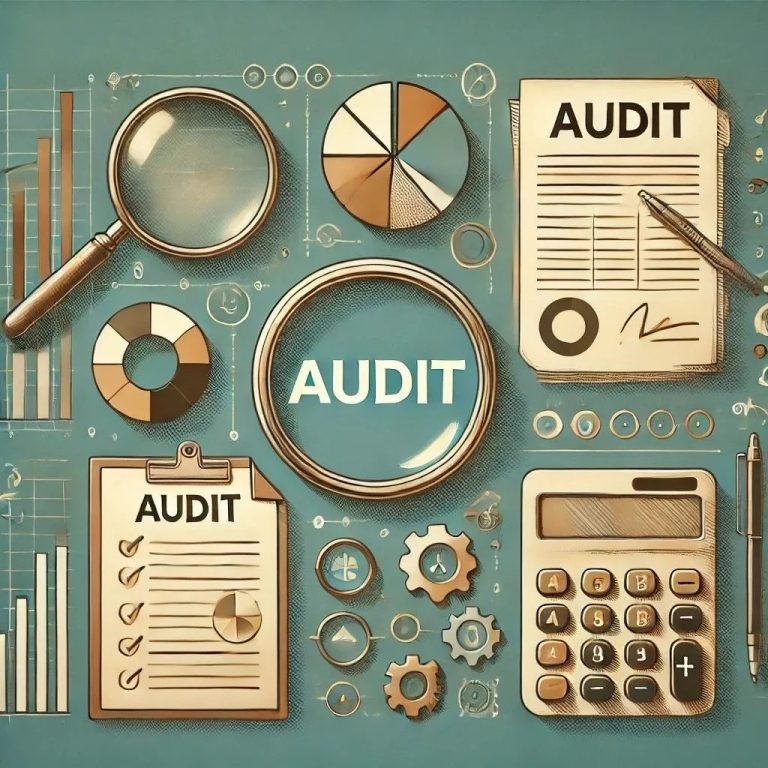Taxes and Uncollectible Debt
There are few things as frustrating as not being paid what is owed to you. If it becomes clear the debt is not going to be paid, you might be able to recoup some of the lost money via a tax deduction. The IRS has two classifications for bad debt: business and non-business, each with its own deductibility rules.

Business bad debt
In order to be considered a deductible business bad debt, the IRS states that the debt must be closely related to your trade or business.
To qualify as a deduction, both of the following must be true:
- The amount is or has already been included as income or as an asset
- The debt is considered to be partially or completely worthless
There are many ways to determine the worthlessness of a debt, but at a minimum, you should be able to produce a summary of your collection efforts.
If you determine that the debt is indeed bad debt, you can deduct it as a business expense if the aforementioned statements are true.
Non-business bad debt
All bad debt not defined as business-related is classified as non-business. For a non-business bad debt deduction, the debt must be considered 100 percent worthless. There is no partial deduction available. In addition, you need to prove that the debt is a loan intended to be repaid and not a gift – especially if loaned to a friend or family member. The best way to prove this is with a signed agreement.
If you determine the bad debt is valid, you can report the amount as a short-term capital loss.
The loss is subject to capital loss limitations and you need to submit a statement with your tax return that includes the following:
- Description of the debt
- Amount of the debt and when it became due
- Name of the debtor
- Business or family relationship between you and the debtor
- Efforts you made to collect the debt
- Why you decided the debt was worthless
The other side of the coin
If, on the other hand, you owe someone money and they write off the debt, the tax code generally requires you to record the forgiven debt as income on your tax return. There are cases, however, when this is not required. So if during the year you have forgiven debt, you should ask for a review of your tax situation.
This is especially true if the forgiven debt is a discharge of:
- A home mortgage
- Student loans (especially for failed schools)
- Pandemic-related debt forgiveness
While no one wants to be in a position to write off debt, it’s nice to know that you can at least benefit from a tax deduction. If you find yourself in this situation or are planning to loan funds in the future, call to set up a plan of action.




